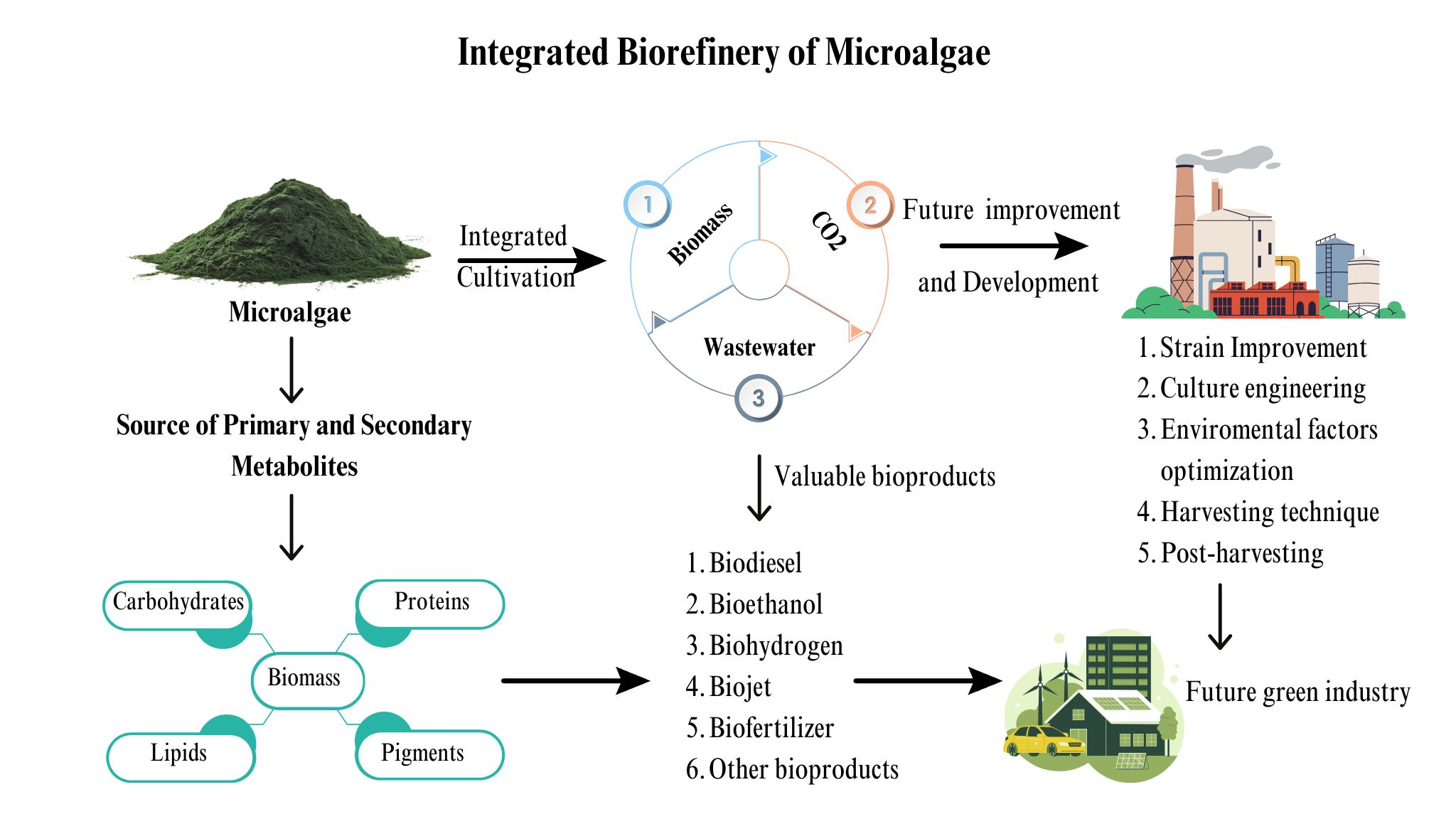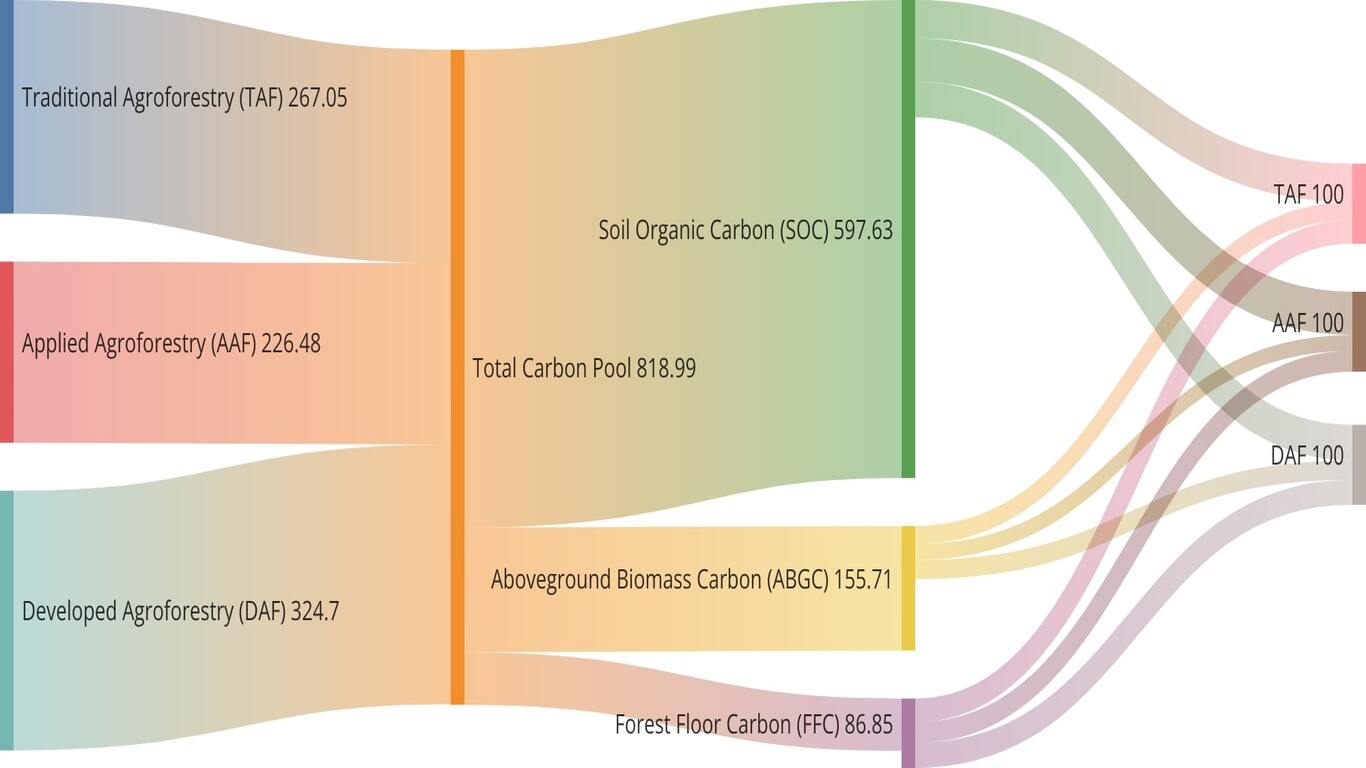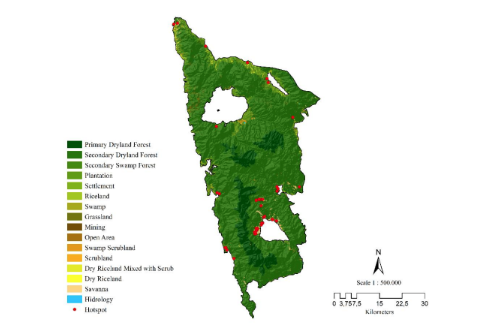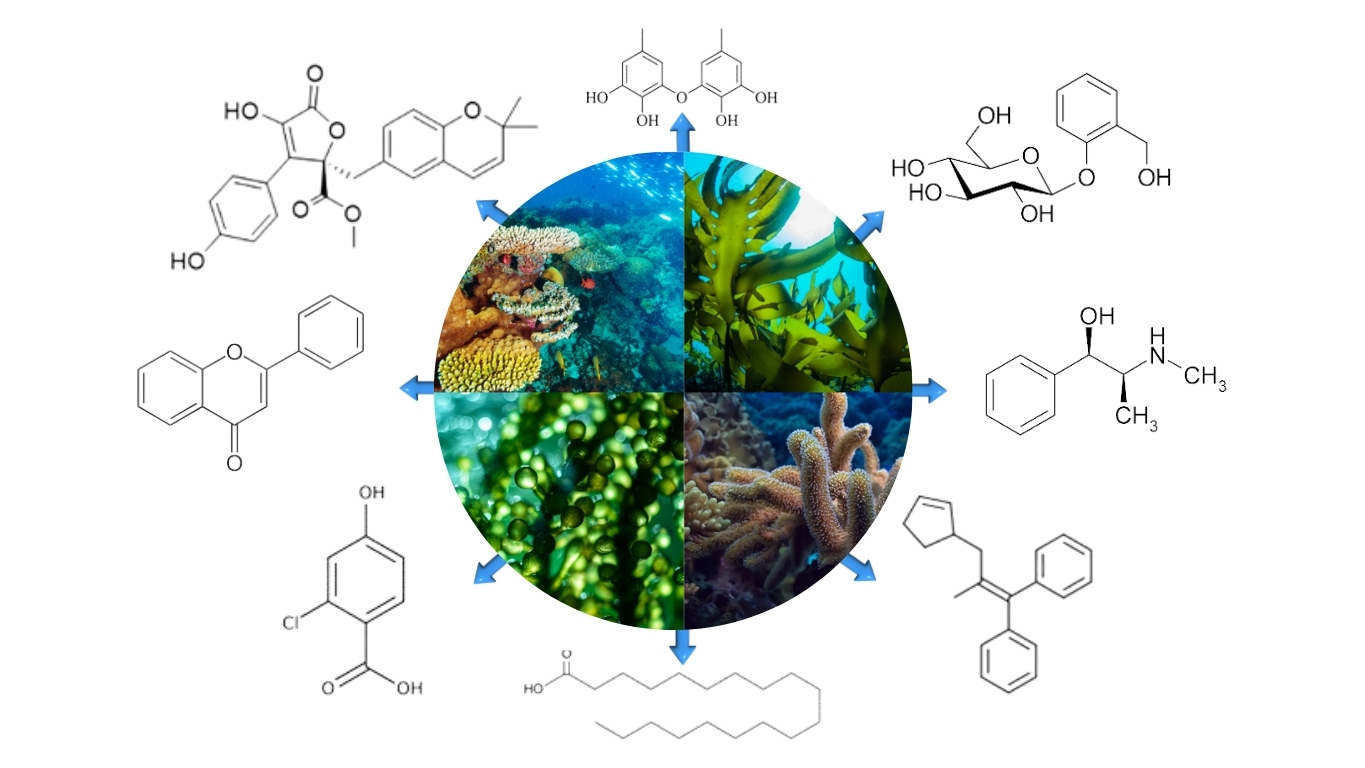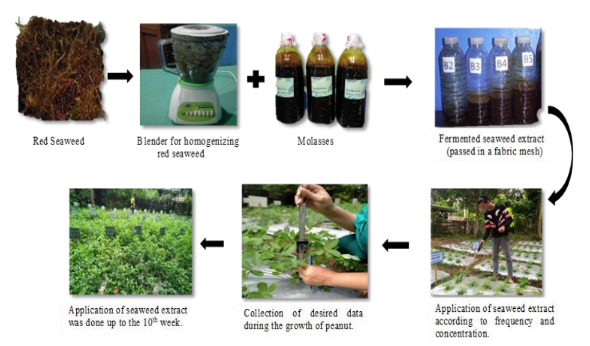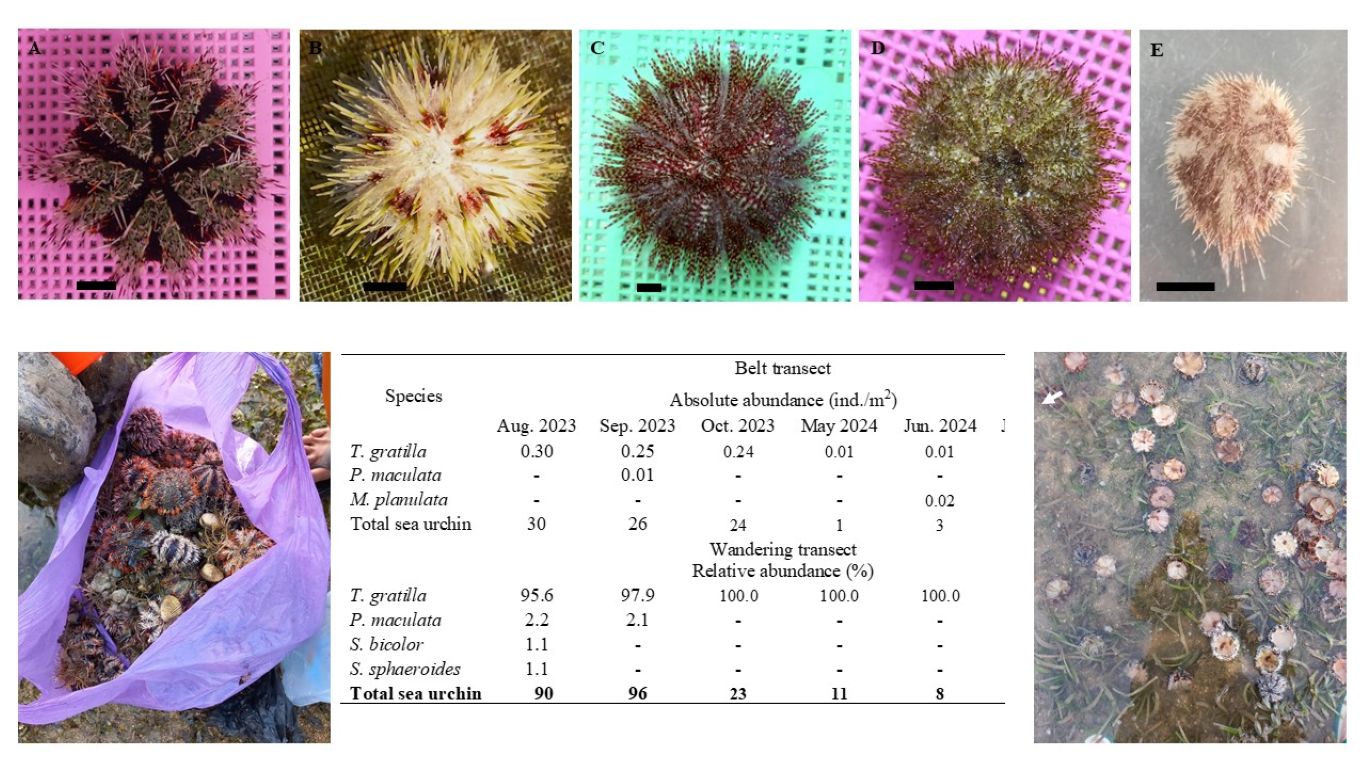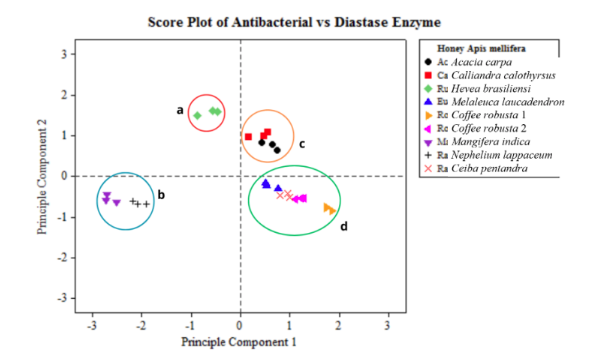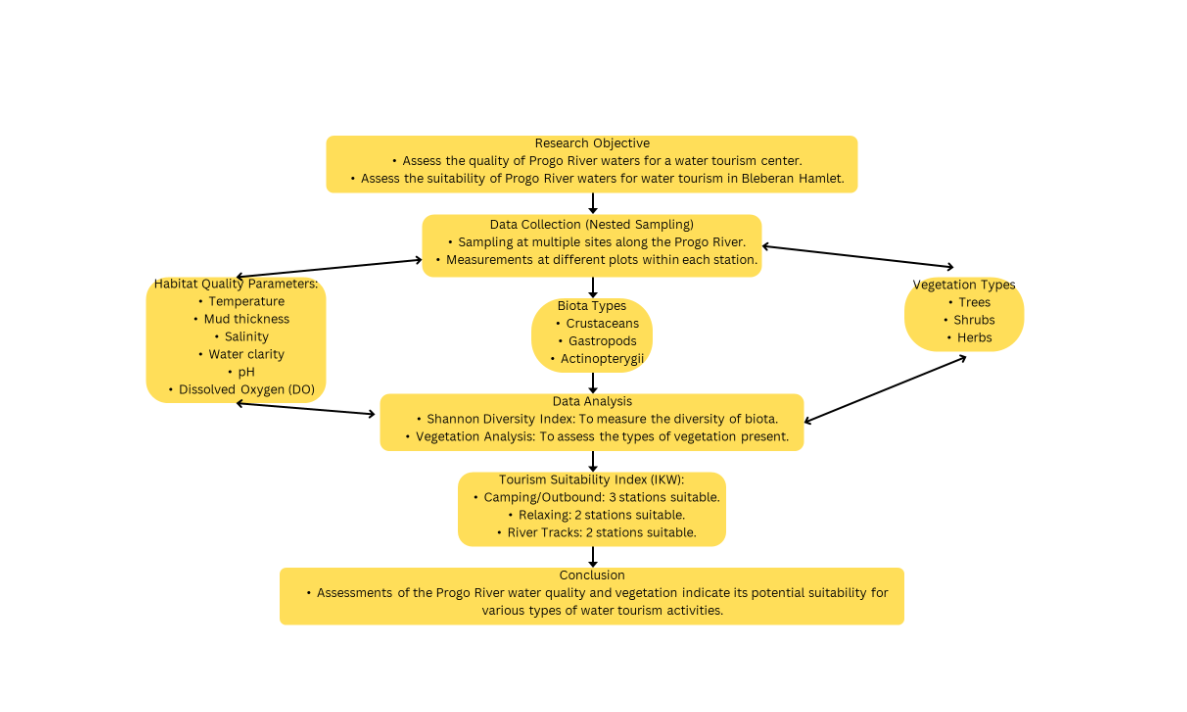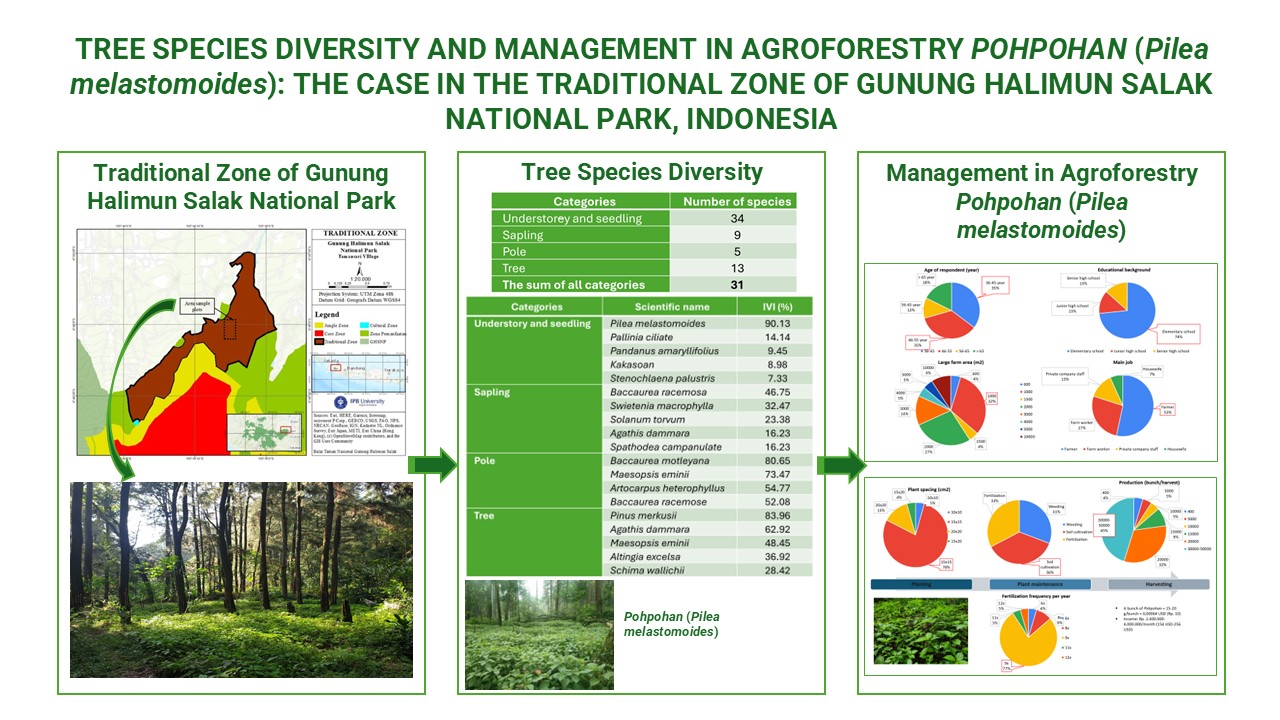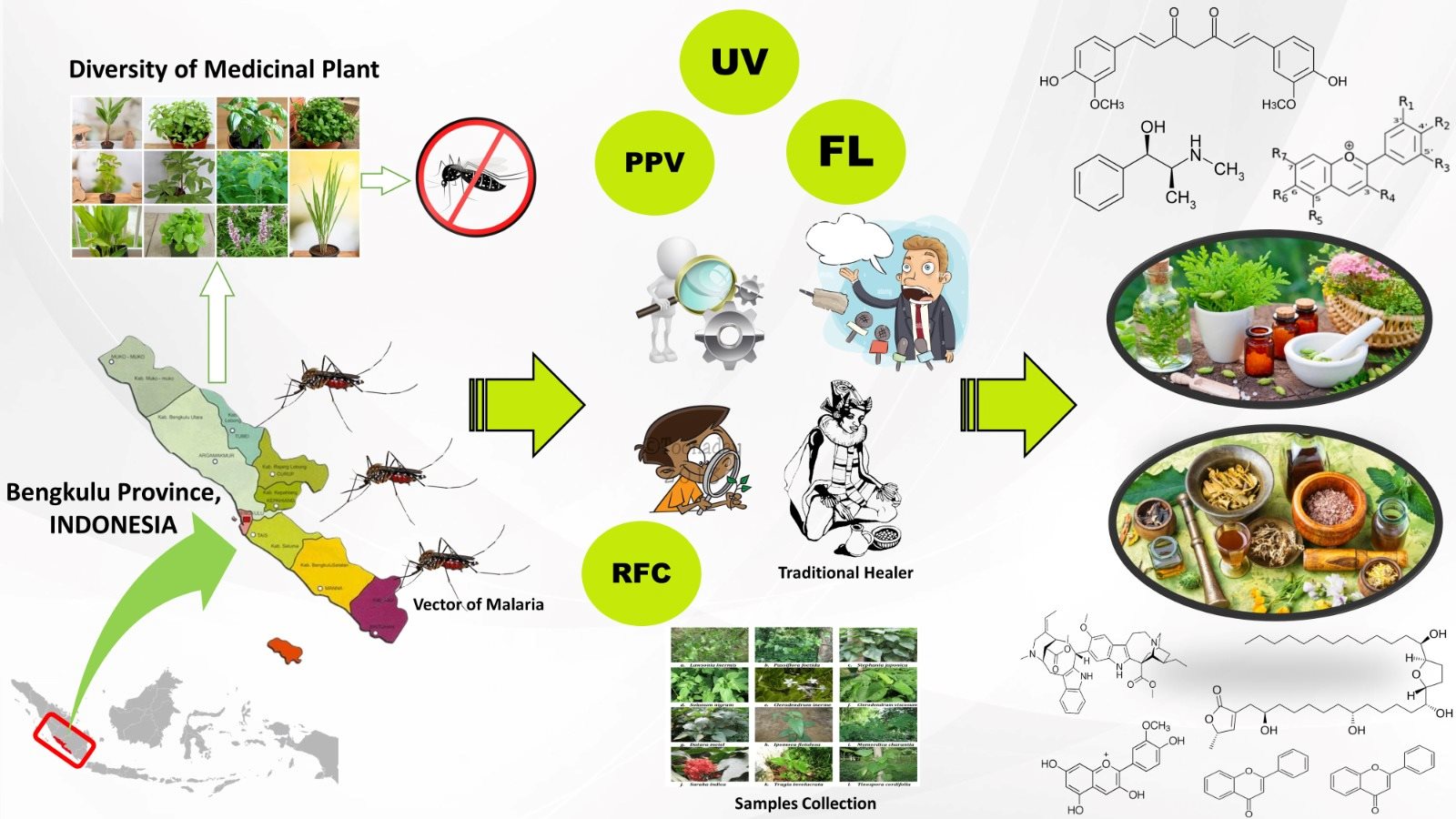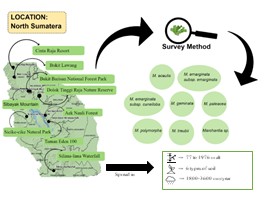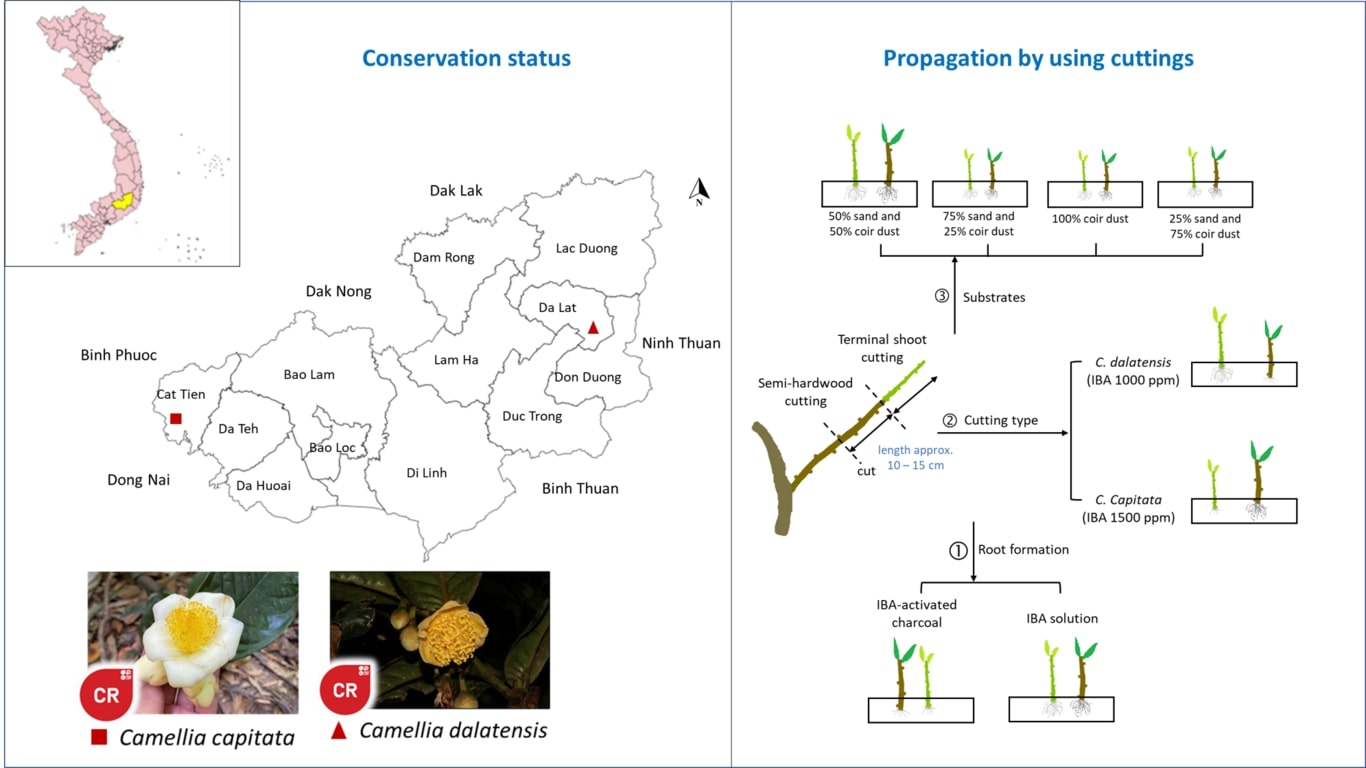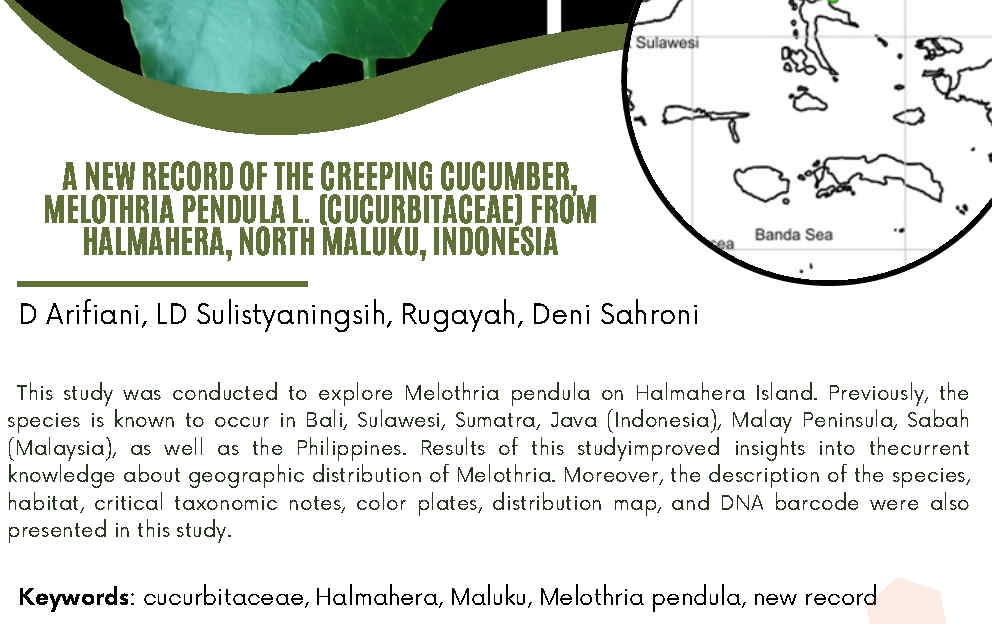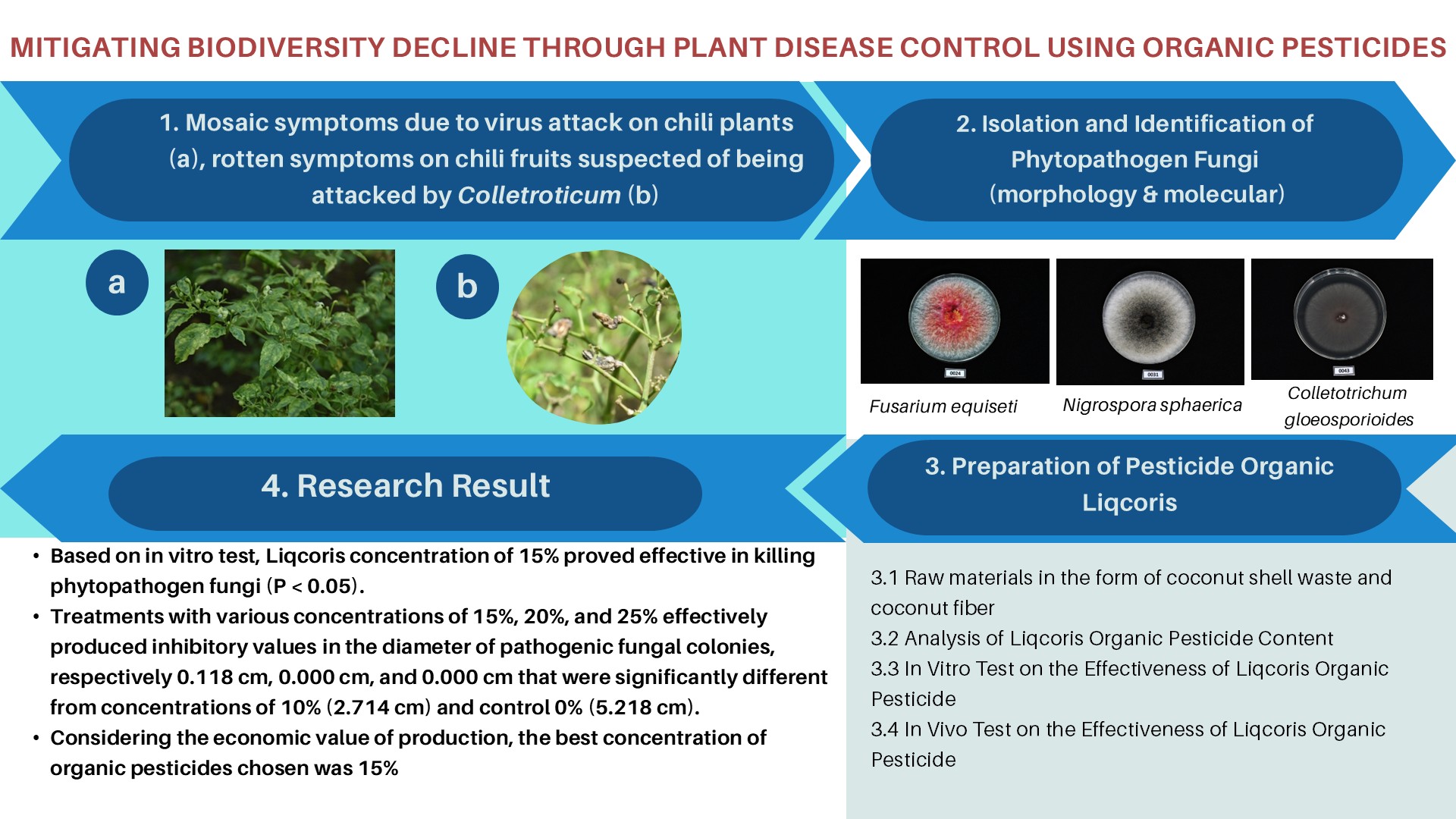Effect of Substrate Moisture Content and Invasive Grass Competition on Native Fig (Ficus fistulosa) Seedling Recruitment in Limestone Quarries
Downloads
Challenges for restoration of degraded habitats on quarried limestone present in many countries including Indonesia. Ficus fistulosa as native species was chosen as a study species in the study of quarry restoration, as this species was shown in the previous study to have high importance value in Ciampea limestone forest in Bogor, West Java. To identify the effect of substrate moisture and competition from exotic Pennisetum grass to limestone restoration using native Ficus, we set up an experiment in the green house. Ficus above and belowground biomass were reduced because of the presence of Pennisetum grass and was affected by substrate moisture. Ficus biomass growth apparently was not favoured by higher irrigation. However, lower rate of irrigation led to the lower biomass of grass, meaning a lower competition from grass. On the other hand, it was apparent that the interaction of substrate moisture and presence of competition from grass reduced Ficus aboveground as well as belowground biomass. Furthermore, competition with grass was significantly reduced seedling’s leaf and length. Nevertheless, the interaction effect of substrate moisture and competition did not lead to the reduction of Ficus seedling’s leaf and length.
Â
Â
Downloads
Authors who publish with this journal agree with the following terms:
- Authors retain copyright and grant the journal right of first publication, with the work 1 year after publication simultaneously licensed under a Creative Commons attribution-noncommerical-noderivates 4.0 International License that allows others to share, copy and redistribute the work in any medium or format, but only where the use is for non-commercial purposes and an acknowledgement of the work's authorship and initial publication in this journal is mentioned.
- Authors are able to enter into separate, additional contractual arrangements for the non-exclusive distribution of the journal's published version of the work (e.g., post it to an institutional repository or publish it in a book), with an acknowledgement of its initial publication in this journal.
- Authors are permitted and encouraged to post their work online (e.g., in institutional repositories or on their website) prior to and during the submission process, as it can lead to productive exchanges, as well as earlier and greater citation of published work (See The Effect of Open Access).









